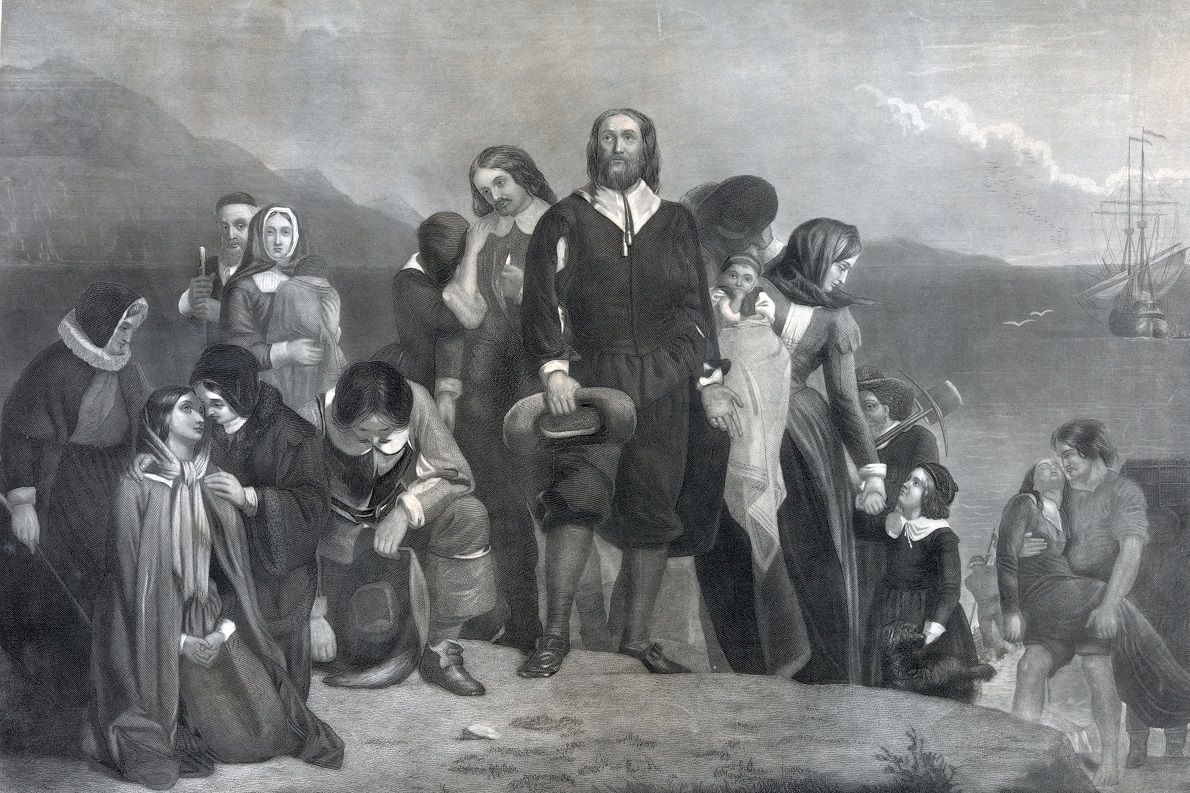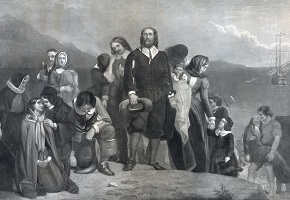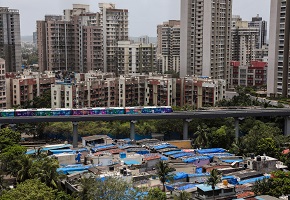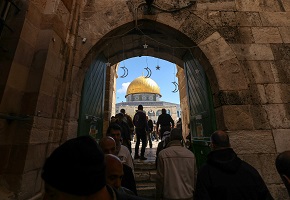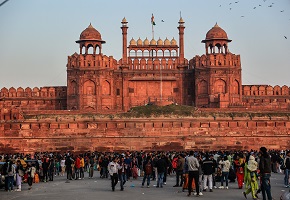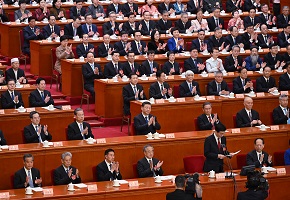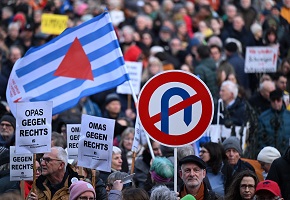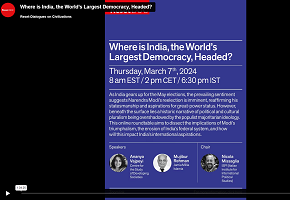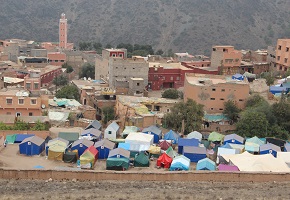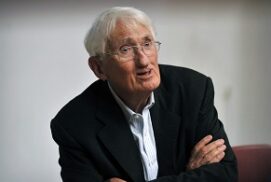Analyses
Society
-
- Giancarlo Bosetti 4 April 2024“While India has rapidly climbed the ladder of economic growth rates, it has fallen relatively behind on the scale of social indicators of living standards, even compared to many countries that India has overtaken in terms of economic growth.” So wrote Nobel laureate Amartya Sen and Belgian economist Jean Drèze in An Uncertain Glory. India and Its Contradictions, a key text that in 2013 analyzed and exposed the failures of one of the world’s fastest-growing economies, then at 6 percent. More than a decade later, India’s “uncertain glory” is perhaps even more uncertain, despite Narendra Modi’s aspirations to make it a great power.
- Jonathan Laurence 3 April 2024The Gaza war is a reminder that the Europeans left behind an unstable status quo a century ago. Absent a Sunni consensus, Iran is making an indirect power play. Iran’s weakness is also a strength: as non-Arab, Shiite Muslims, Iran’s leaders can’t trace their ancestry to the prophet Muhammad’s qureysh tribe—as can Jordan’s and Morocco’s monarchs, and as ISIS’s Abu Bakr al-Baghdadi claimed. Though around 85 percent of Muslims are Sunni, the demography of global Islam has long favored much larger non-Arab populations. The dynamic might be resolved with a Vatican City-style solution for Al Aqsa.
- Ashaz Mohammed 28 March 2024The 1992 destruction of the Babri Masjid in Ayodhya, upon which Prime Minister Narendra Modi’s Ram temple was built, is seen by Hindu nationalists as a “historical retaliation” against India’s so-called “dark ages”. Several right-wing news outlets, such as Republic TV, have celebrated the inauguration of the new temple as a “500-year wait coming to an end.” This “dark” period, which lies 500 years in India’s past, is popularly characterized by the rise of the Mughals, an empire of Muslim rulers from what is now Uzbekistan. According to Hindu nationalists, the Babri Masjid is believed to have been built by the first Mughal emperor, Babur, as a result of the destruction of the “original” Ram temple that once stood on the site. Although there is no concrete historical and archaeological evidence of the destruction of this temple, there have been attempts by archaeologists and historians leaning towards the ideology of Hindutva (Hindu nationalism) to suggest otherwise.
- Seán Golden 25 March 2024From March 4 to 11, 2024, the National People’s Congress and the Chinese People’s Political Consultative Congress held their annual joint double session, Lianghui (两会) in Chinese. The former is the highest legislative body in China’s governmental structure. The latter is the highest advisory body. In theory, all branches of government are subordinate to the National People’s Congress. In practice, government leaders present their work reports, and the Congress approves both the reports and the government’s accompanying proposals.
- Arghawan Farsi 22 March 2024“I’m drinking chai and eating köfte, while we still don’t feel at home here,” rapper Apsilon sings on the stage at one of Berlin’s largest demonstrations against the rise of right-wing parties. The right-wing Alternative für Deutschland (AFD) in particular has been gaining votes, especially since the influx of migrants and refugees in 2015. The demonstration drew more than 150,000 people, as diverse as Berlin itself. Rainbow flags, socialist parties, grassroots groups, social workers, and activists all stand together in front of the Bundestag to take a stand against right-wing extremism.
- Maria Tavernini 14 March 2024As India gears up for the general elections next month, where over 900 million people are expected to go to the polls, Prime Minister Narendra Modi is seeking a third term in office, reaffirming the country’s global ambitions. In the past decade, under his tenure, India’s historic pluralism has increasingly been jeopardized by the ruling party’s majoritarian agenda
- Rabii El Gamrani 12 February 2024One million and six hundred thousand people were affected by the earthquake of September 8, 2023, which caused about 3,000 deaths and the destruction or damage to some 50,000 homes; 60,000 people are still displaced. Journalist Rabii El Gamrani went to Al Haouz, in the heart of the High Atlas, to see how the reconstruction is going.
- Research Center Normative Orders 15 November 2023Israel’s actions in no way justify anti-Semitic reactions, especially not in Germany. It is intolerable that Jews in Germany are once again exposed to threats to life and limb and have to fear physical violence on the streets. The democratic ethos of the Federal Republic of Germany, which is orientated towards the obligation to respect human dignity, is linked to a political culture for which Jewish life and Israel’s right to exist are central elements worthy of special protection in light of the mass crimes of the Nazi era.


